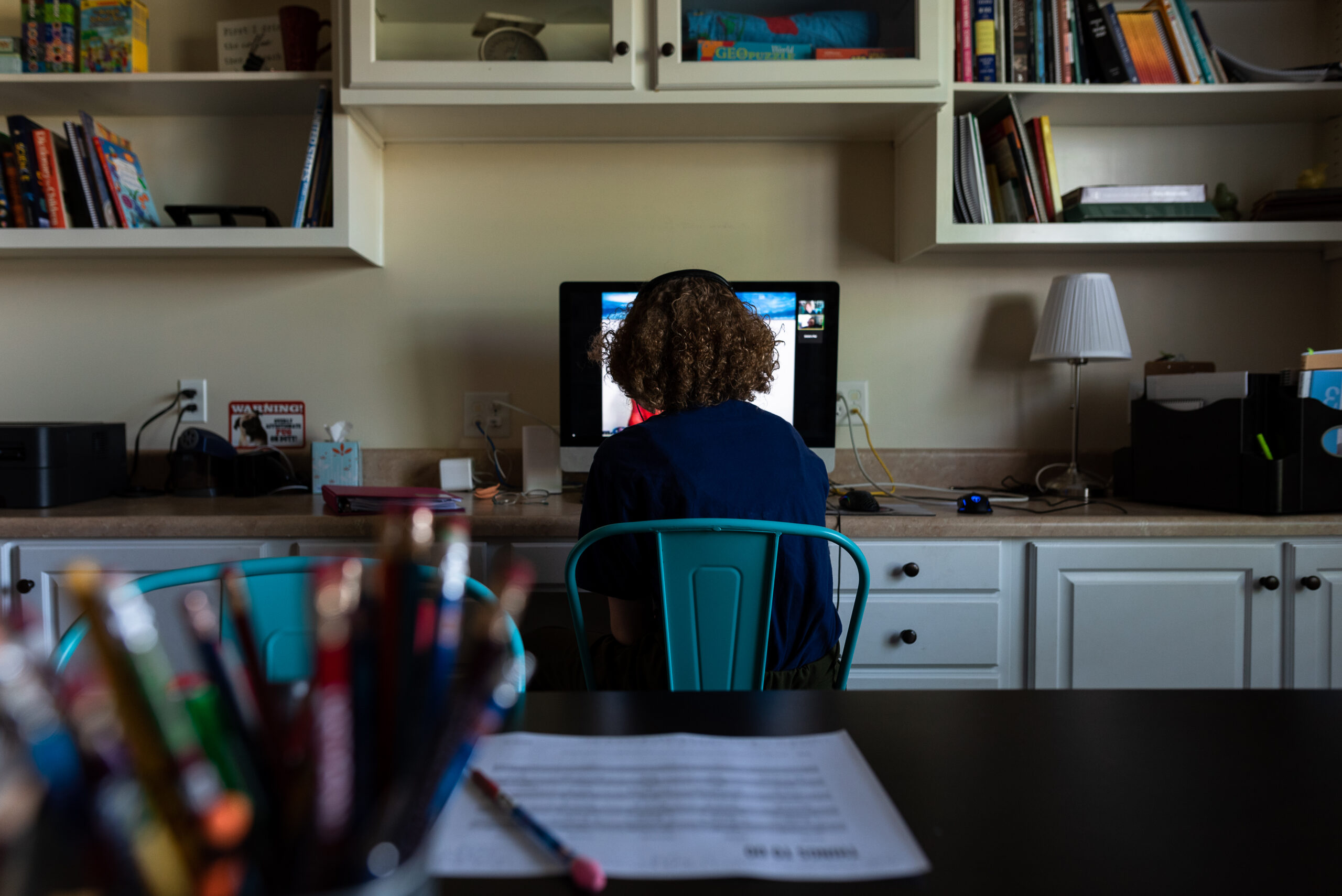
Welcome back to “Ten Minutes to a Better Homeschool.” In this episode, host Pam Barnhill gives you a sneak peek of the upcoming course, “Navigating High School, A Guide to Confident Homeschooling.” In this excerpt, Pam shares a candid conversation with guest speakers and homeschool moms Laney Homan, Dawn Garrett, and Heather Tully.
Homeschooling high school isn’t merely about checking off boxes on an academic syllabus but it’s about nurturing a well-rounded, capable individual ready to face the world beyond high school. As parents and educators, we must equip them not just with knowledge, but with confidence, resilience, and adaptability. Tune in for some practical advice and wisdom on how to prepare your high schoolers for success.
Listen to the Podcast
Links and Resources From Today’s Show
- Night Zookeeper
- Navigating High School, A Guide to Confident Homeschooling
- Homeschool Better Together Portal
Key Takeaways About Teaching High Schoolers
- Recognize that it’s okay not to teach everything. Parents can’t prepare them for every possible scenario.
- It’s essential to focus on cultivating a well-rounded education.
- Shift the mindset from a checklist approach to understanding that knowledge is not just a collection of information but also includes life skills, communication abilities, and the capacity to adapt to new environments.
- Emphasize the importance of engaging in conversations and building relationships with high schoolers to understand their individual strengths, weaknesses, and aspirations, which can help guide their education.
- Advocate for a supportive approach that involves coaching high schoolers through practical experiences, allowing them to learn the skills needed for the next stage of their journey, whether it’s college, work, or other endeavors.
- How to Transform Math Lessons without Changing your Curriculum with Denise Gaskins - April 26, 2024
- Homeschooling Boys with Durenda Wilson - April 12, 2024
- What About Lab Sciences? with Dr. Moon - March 29, 2024
Leave a Rating or Review
Doing so helps me get the word out about the podcast. iTunes bases their search results on positive ratings, so it really is a blessing — and it’s easy!
- Click on this link to go to the podcast main page.
- Click on Listen on Apple Podcasts under the podcast name.
- Once your iTunes has launched and you are on the podcast page, click on Ratings and Review under the podcast name. There you can leave either or both!
